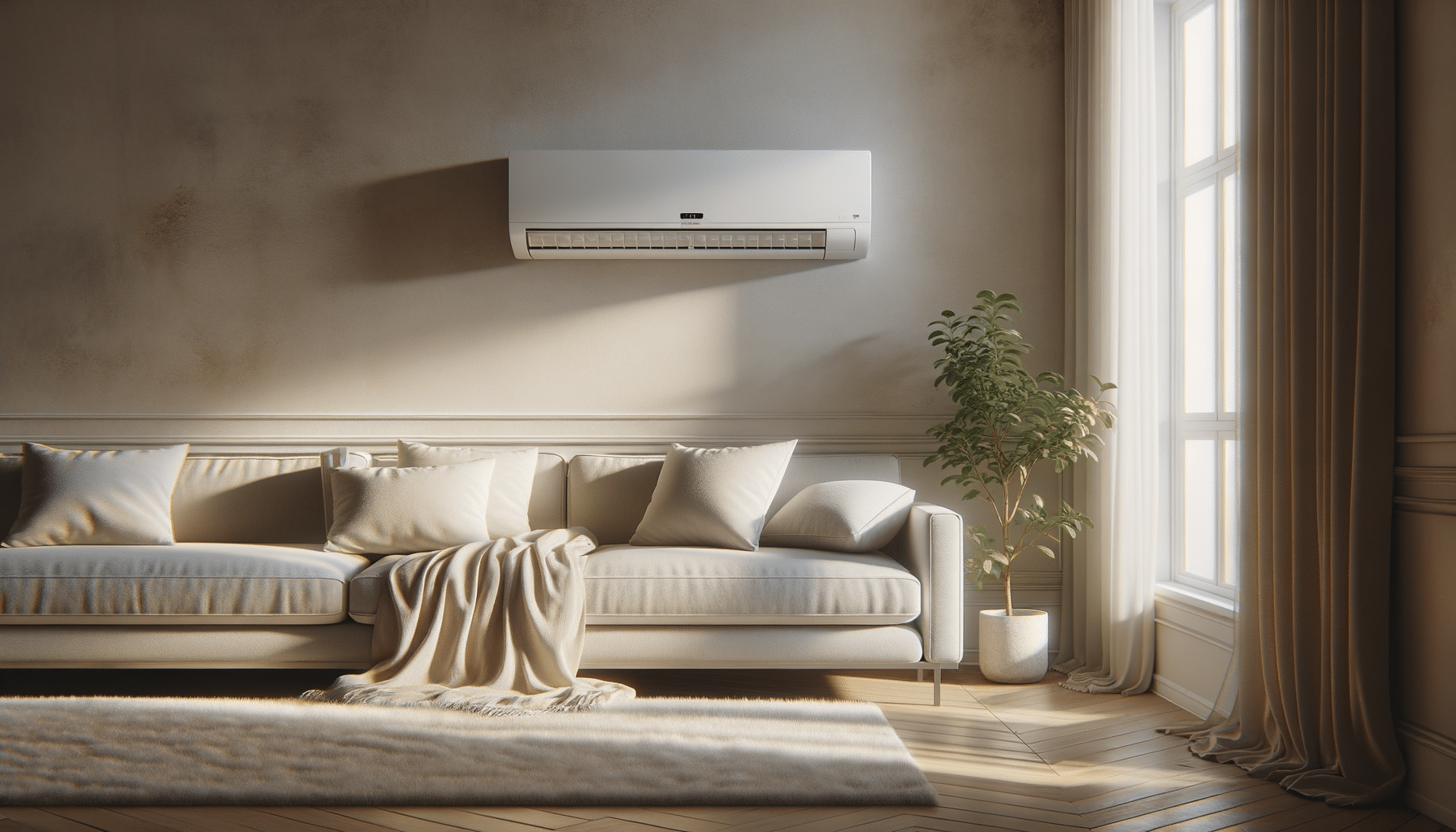
Discover How the Right Air Conditioner Can Transform Your Comfort
Introduction to Air Conditioners
Air conditioners have become an essential component of modern living, providing comfort and improving air quality in homes and workplaces. With rising global temperatures, their importance is more pronounced than ever. An air conditioner’s primary function is to regulate indoor temperatures and humidity levels, creating a more comfortable environment. But the benefits extend beyond mere comfort; they also play a crucial role in health and productivity.
Types of Air Conditioners
There are several types of air conditioners available, each designed to cater to different needs and spaces. Understanding these types can help in choosing the most suitable option for your requirements.
- Window Air Conditioners: These are compact units that fit into windows. They are ideal for single rooms and are relatively easy to install.
- Split Air Conditioners: Consisting of two units—an indoor and an outdoor unit—split air conditioners are known for their quiet operation and efficiency in cooling larger spaces.
- Portable Air Conditioners: These units offer flexibility as they can be moved from room to room. They are a practical choice for temporary cooling solutions.
- Central Air Conditioning Systems: Designed for whole-house cooling, these systems are integrated into the home’s ductwork, providing even cooling throughout the space.
Each type has its pros and cons, and the choice depends on factors like room size, budget, and personal preferences.
Energy Efficiency and Air Conditioners
Energy efficiency is a key consideration when selecting an air conditioner. Modern units are designed to consume less energy while providing optimal cooling. The efficiency of an air conditioner is often indicated by its Seasonal Energy Efficiency Ratio (SEER) rating. A higher SEER rating implies better energy efficiency.
Investing in an energy-efficient air conditioner can lead to significant savings on electricity bills and reduce environmental impact. Features like programmable thermostats, inverter technology, and eco-friendly refrigerants are now standard in many models, contributing to their efficiency.
Choosing an energy-efficient air conditioner not only benefits your wallet but also supports global efforts in reducing carbon footprints.
Maintenance and Troubleshooting
Regular maintenance of an air conditioner is crucial for its longevity and performance. Simple tasks like cleaning or replacing air filters, checking for refrigerant leaks, and ensuring proper airflow can prevent major issues.
Some common problems that users might encounter include inadequate cooling, unusual noises, or water leaks. These issues can often be resolved by routine checks or professional servicing.
Proactive maintenance not only extends the lifespan of the unit but also ensures that it operates at peak efficiency, providing consistent comfort.
Conclusion: Choosing the Right Air Conditioner
Selecting the right air conditioner involves considering various factors such as the type of unit, energy efficiency, and maintenance requirements. By understanding these aspects, you can make an informed decision that enhances your comfort and aligns with your budget.
Air conditioners are more than just cooling devices; they are investments in comfort and health. By choosing wisely, you can transform your living or working space into a haven of comfort.


